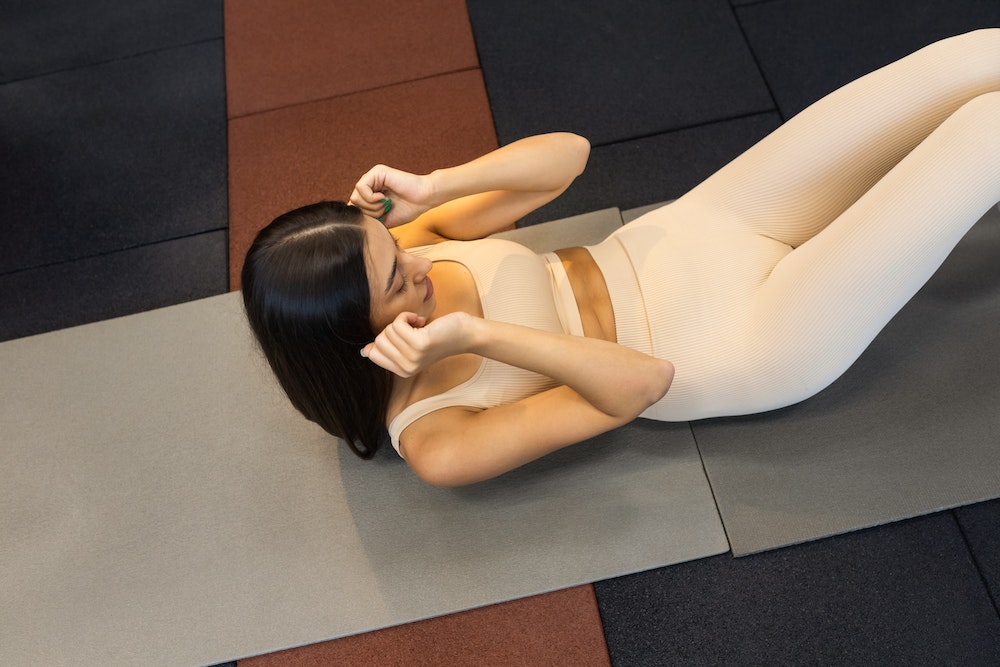What’s the Optimal Tyre Pressure for a Track Day in a McLaren 720S?

If you’re planning a track day in a McLaren 720S, one of the first things you’ll need to consider is tyre pressure. This essential detail can make a considerable difference in your car’s performance, affecting its handling, braking, and even fuel efficiency. But what is the optimal tyre pressure for a track day in a McLaren 720S? Let’s discover the answer in the sections below.
Understanding Tyre Pressure
Before we delve into the specifics of McLaren 720S tyre pressures, it’s helpful to understand a bit more about tyre pressure in general. Tyre pressure is measured in pounds per square inch, or PSI. When you inflate your car’s tyres, you’re essentially adding air to the inner space of the tyres, increasing their pressure.
Avez-vous vu cela : What’s the Best Approach to Custom ECU Mapping for a Nissan 370Z Nismo?
The correct pressure for a tire depends on various factors such as the type of car, the tyres, and the conditions under which the car will be driven. For instance, a car driven on a track will typically require a different tyre pressure than one driven on the streets.
For a McLaren 720S, the manufacturer recommends a tyre pressure of 32 PSI at the front and 34 PSI at the rear for day-to-day driving. While this might be perfect for everyday driving conditions, when it comes to a track day, the situation changes.
En parallèle : Can You Increase the Luggage Capacity of a Chevrolet Camaro with a Rear Seat Delete Kit?
Optimal Tyre Pressure for a Track Day
When you’re on the track, the ideal tyre pressure for your McLaren 720S will depend on several factors. These can include the track’s surface, the ambient temperature, the type of tyres fitted to your car, not to mention your individual driving style.
As a general rule, 32 PSI at the front and 34 PSI at the rear is a good starting point. However, these pressures may need to be adjusted based on the circumstances. For instance, if it’s a particularly hot day, the tyres will heat up more, which can increase the pressure inside them. As a result, you might need to start with a slightly lower pressure, which will increase as the tyres heat up.
Interestingly, McLaren itself doesn’t provide a specific PSI for track days. Instead, they recommend using the car’s onboard telemetry system to monitor tyre pressures and temperatures in real-time, enabling you to make any necessary adjustments as you go.
Importance of Regular Tyre Checks
Whether you’re preparing for a track day or simply driving about town, regular tyre checks are crucial. This involves not only checking the pressure but also examining the tyres for any signs of damage, such as cuts or blisters.
Tyre pressure should ideally be checked at least once a month. However, if you’re planning a track day, it’s advisable to check the pressure the day before and on the day itself. This allows you to adjust the pressures as needed based on the day’s weather conditions. A reliable tyre pressure gauge is a must-have tool for this task.
Impact of Tyre Pressure on Performance
Tyre pressure can have a significant impact on your car’s performance, particularly on a track day. Under-inflated tyres can experience increased wear and tear, resulting in a shorter lifespan. They can also negatively affect your car’s handling, making it less responsive and harder to control.
On the other hand, over-inflated tyres can be equally problematic. They can cause the tyres to overheat and may result in a harsh ride. Over-inflation may also lead to increased tyre wear and reduced traction, making the car more difficult to handle.
Therefore, getting the correct tyre pressure is a delicate balancing act. It requires careful consideration and regular monitoring, particularly when driving on a track. With the right tyre pressure, you’ll not only ensure your McLaren 720S performs optimally but also help extend the lifespan of your tyres.
Choosing the Right Tyres for a Track Day
While tyre pressure is essential, it’s equally important to have the right tyres for a track day. Generally, high-performance tyres are the best choice for a track day in a McLaren 720S, as they are designed to handle the high speeds and extreme conditions that can be encountered on a race track.
When looking for tyres, consider factors such as tread pattern, rubber compound, and overall quality. Some popular options for high-performance cars like the McLaren 720S include the Pirelli P Zero and the Michelin Pilot Sport Cup 2. These options provide excellent grip and handling, making them perfect for a track day.
Remember, the right tyres, along with the correct tyre pressure, can make a significant difference in your McLaren 720S’s track day performance. So, take the time to research your options and check your tyre pressures regularly to ensure optimal performance on the track.
Brake Fluid and Tyre Pressure Connection
In the context of preparing your McLaren 720S for a track day, it is crucial not to overlook the role of brake fluid. This often-overlooked element can significantly impact the overall performance of your vehicle, especially in connection with tyre pressure.
Brake fluid operates under high pressure and temperature conditions when you apply the brakes. The temperature in your brake system can reach up to 200 degrees Celsius during intense track days. This heat can transfer to your tyres, increasing their internal pressure. If your tyre pressures are not adjusted accordingly, it can lead to a loss of grip and handling ability, hampering your track day experience.
Moreover, the quality of brake fluid can also affect your brake system’s performance. If the brake fluid is old or contaminated, it could lead to a decrease in braking power. Therefore, it is recommended to check and replace your brake fluid before a track day to ensure optimal braking performance.
In the words of renowned coach Dave, “the relation between brake fluid and tyre pressure is like a well-coordinated dance, each affecting the other for a smooth track day experience.” Therefore, it is essential to pay attention to these aspects before you hit the track.
Conclusion
In conclusion, the optimal tyre pressure for a track day in a McLaren 720S is not set in stone but depends on various factors like track surface, ambient temperature, tyre type, and personal driving style. Hence, it’s important to use the car’s onboard telemetry system to monitor tyre pressures and temperatures and make necessary adjustments during the track day.
Furthermore, regular tyre checks, choosing the right tyres, and maintaining optimal brake fluid levels are equally important for an optimal track day experience. Remember, a track day is not just about speed, but also about control, handling, and precision, all of which are significantly influenced by tyre pressures.
To quote originally posted advice by an experienced track day enthusiast, "Every detail matters when it comes to track days, and tyre pressure is one detail that cannot be overlooked." So, don’t underestimate the importance of correct tyre pressure on your McLaren 720S’s track day performance. Take the time to understand and apply these principles and enjoy an exhilarating and safe track day experience.
Finally, remember to always follow the advice of experienced guides, like Coach Dave, and learn from the experiences of others who have posted drives, joined track days, and shared their experiences. It’s a constant learning process, but the thrill of perfectly navigating the curves of a track in your McLaren 720S is second to none.
Happy racing, and remember: safe driving is fast driving.
